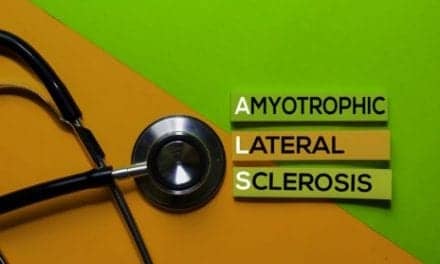A team of scientists from Paris has received the $1 million Avi Kremer ALS Treatment Prize from Prize4Life for their gene therapy approach that reportedly helps extend survival and slow the progression of the disease.
The scientists—Drs Martine Barkats and Maria-Grazia Biferi from the Institute of Myology U974 INSERM UMPC in Paris—developed an approach that shuts down the expression of ALS-causing gene superoxide dismutase (SOD1). This approach, they suggest, extends the survival of treated adult mice by more than 50% and improves the mice’s motor function even after they begin to show symptoms.
At the end of the Prize4Life challenge, an independent study conducted by the ALA Therapy Development Institute in Cambridge, Mass, confirmed the findings.
“We launched this prize with the goal of creating momentum around testing of new treatments for ALS, and are enthusiastic about the potential of the winning team’s solution. It far exceeds the survival threshold we laid out, and is beyond anything that’s been done before in this mouse model. We are hopeful these results will ultimately translate to humans,” says Dr Nicole Szlezak, Chair of Prize4Life’s Board of Directors, in a media release.
“We are thrilled to have been recognized for the work we’ve done and awarded the ALS Treatment Prize. It has been extremely rewarding to dedicate our research efforts to such a devastating disease that still puzzles experts in the industry,” comments Drs Barkats and Biferi, in the release.
“We’re proud to have helped accelerate the road to a viable treatment through our new approach to SOD1 therapy and look forward to continuing work to advance this gene therapy to human trials,” they adds.
Prize4Life was founded in 2006 by Avi Kremer, who was diagnosed with ALS at age 29, as a way to accelerate the discovery of treatments and a cure for ALS.
[Source(s): Prize4Life, PRWeb]





